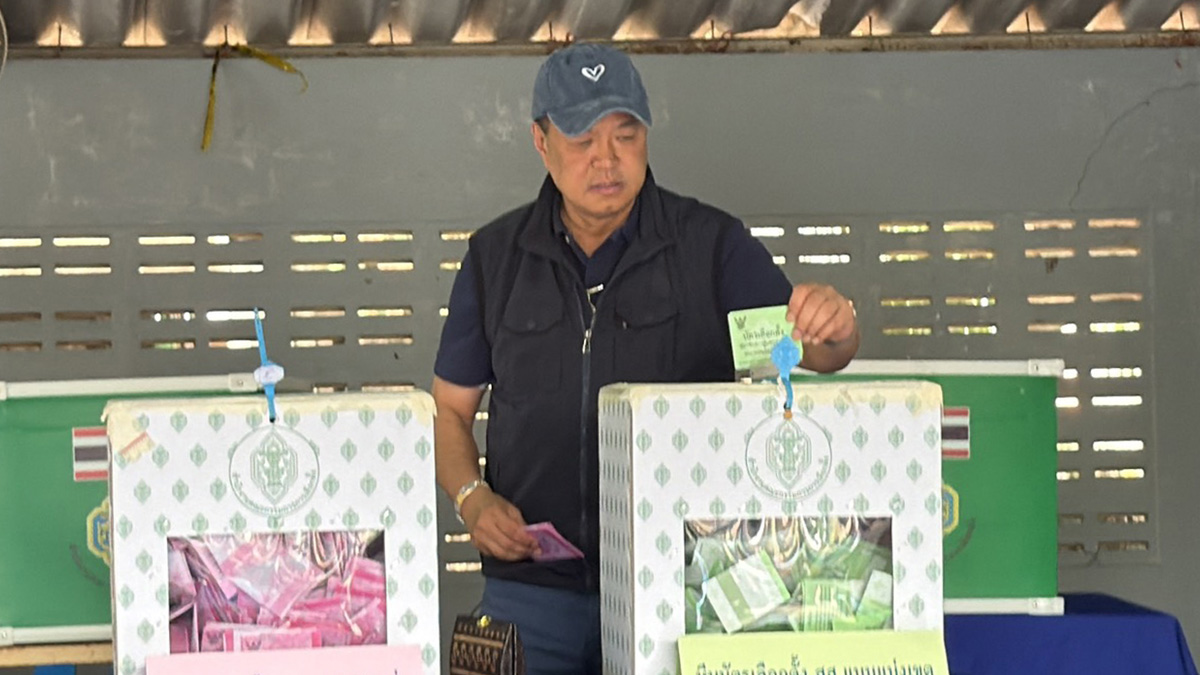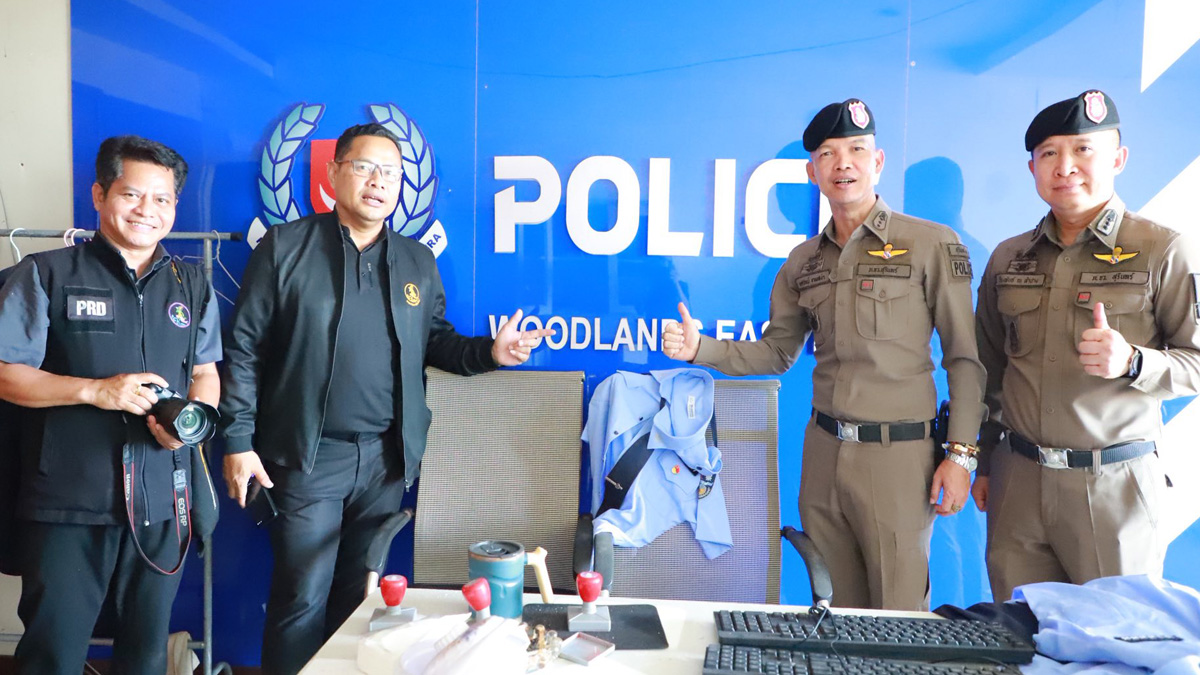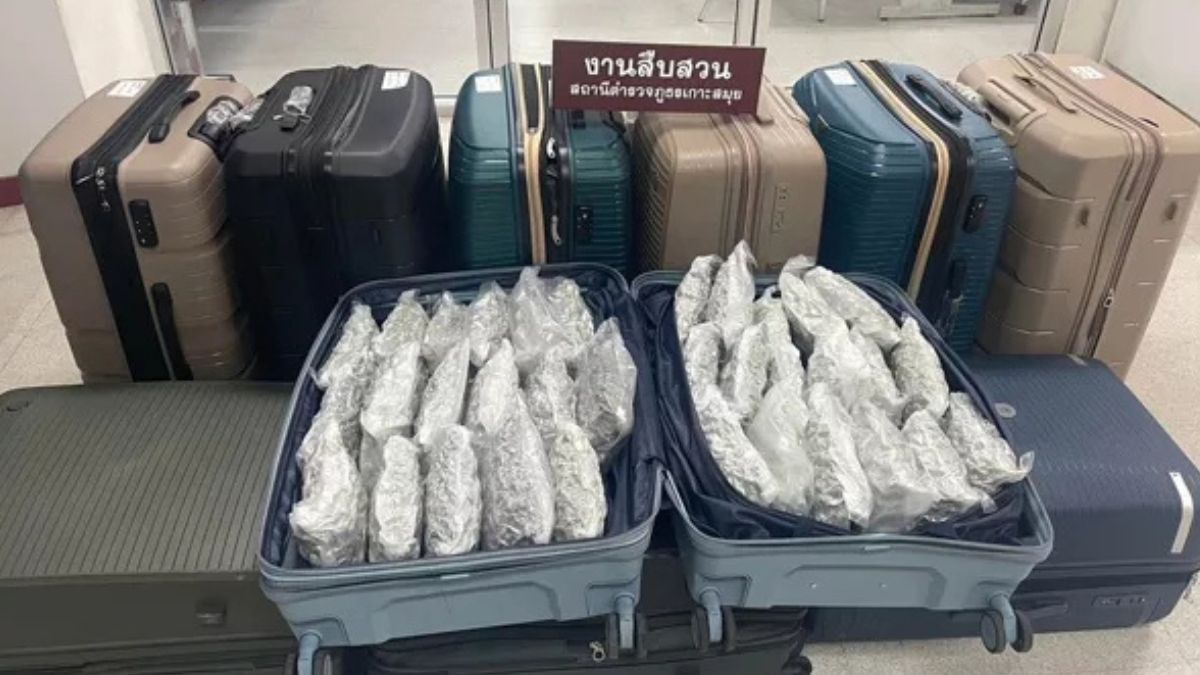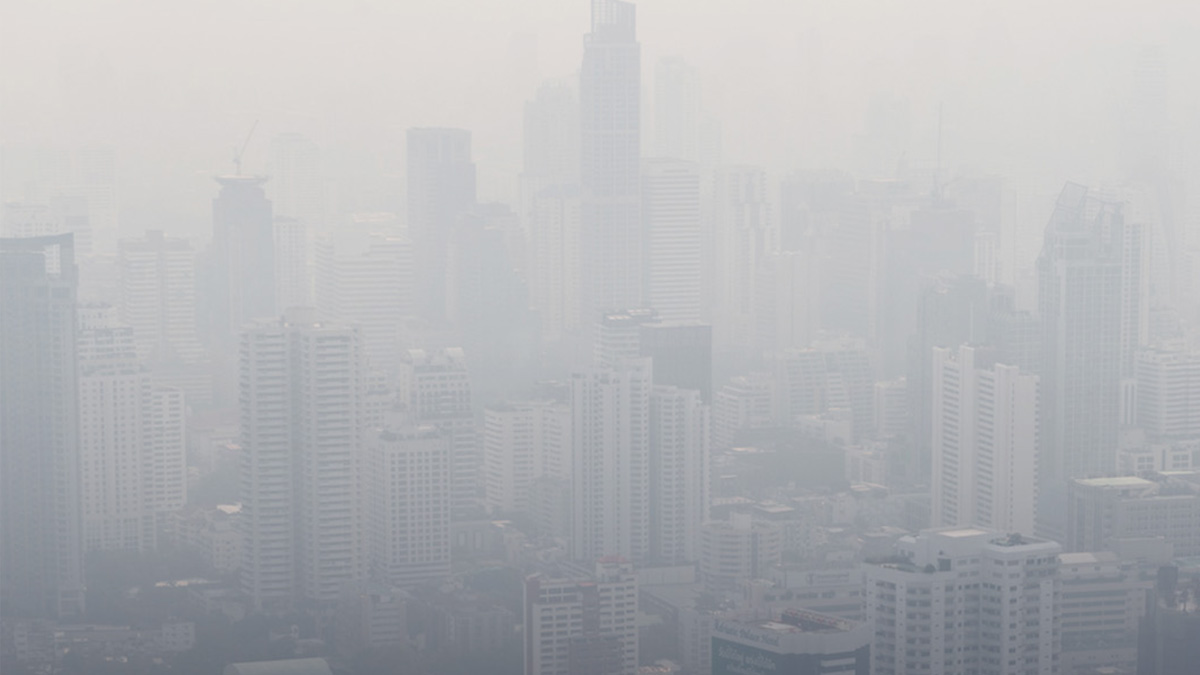Thai police seek 23 indictments in State Audit Office building collapse in Bangkok
Thai police have submitted files to prosecutors recommending the indictment of 23 suspects, including seven companies, over the fatal March 28 collapse of the State Audit Office building in Bangkok that killed over 90 people.
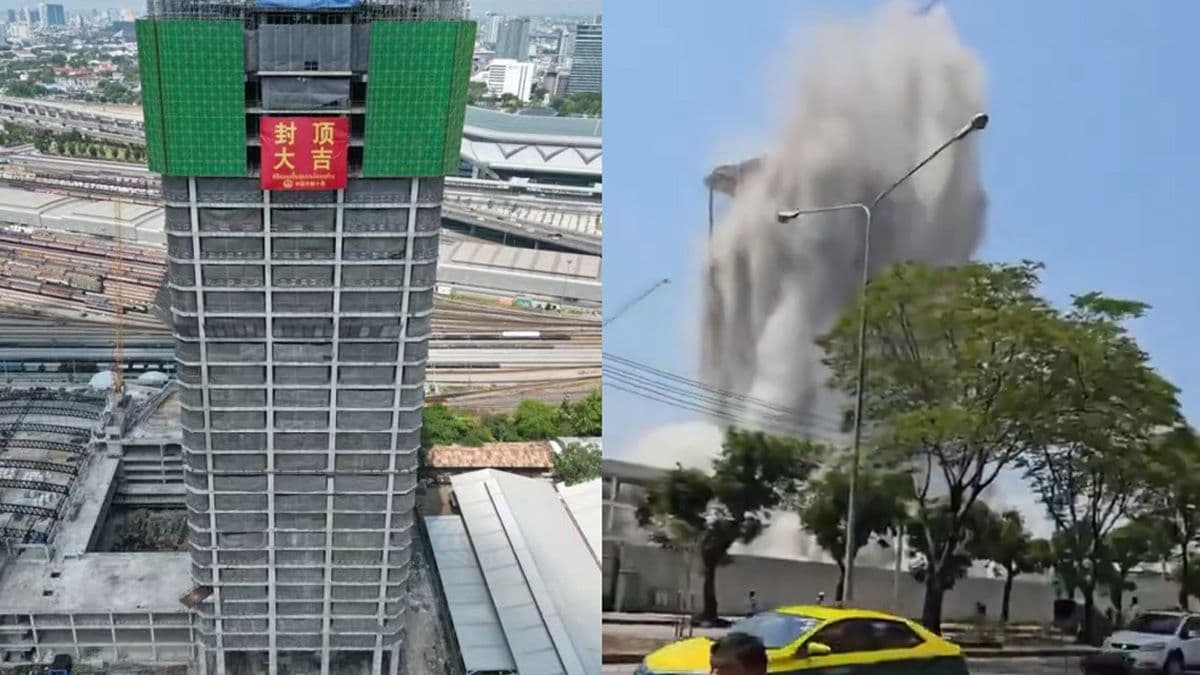
- Thailand police have submitted files recommending charges against 23 suspects over the March 28 SAO building collapse.
- The suspects include former executives and seven companies involved in the construction project.
- Charges include professional negligence, forgery, and the use of forged documents.
- Prosecutors must decide before the end of the suspects' 84-day detention period.
- A separate complaint against two Auditor-Generals is under review by the NACC.
Thai police have formally submitted investigation documents to prosecutors in a bid to indict 23 suspects linked to the collapse of the State Audit Office (SAO) building in Bangkok during the 28 March 2025 earthquake. The tragedy claimed more than 90 lives and raised widespread concern about construction standards and public project oversight.
Investigators from Bang Sue Police Station delivered 51 boxes of evidence on 22 July to the Office of the Attorney General (OAG), marking a major step forward in the legal process. The evidence includes 233 individual files and more than 98,000 pages, according to Thai police authorities.
Deputy Commissioner of the Metropolitan Police Bureau, Thai Police Major General Somkuan Puengsap, stated that the suspects include both individuals and corporate entities. Among those named is Premchai Karnasuta, former president of Italian-Thai Development Plc, the main contractor for the SAO project.
Seven companies are among the 23 suspects facing charges of professional negligence in design, construction, or demolition leading to death. Other charges include forgery and the use of forged documents.
All suspects are currently in custody, with no bail granted. The severe nature of the alleged crimes and the public sensitivity surrounding the incident have been cited as reasons for continued detention.
The building, a 30-storey structure meant to house the country’s top audit agency, collapsed in the early hours following a 6.3-magnitude earthquake centred near the capital. Investigators attribute the failure to flaws in the design and construction processes.
The National Anti-Corruption Commission (NACC) is conducting a separate probe into suspected irregularities in the bidding and procurement phases of the project. Police have already submitted documentation relevant to those allegations.
Thai Police Major General Somkuan confirmed that the anti-graft watchdog had received the case files concerning state officials who may have been involved in corruption or negligence related to the SAO project.
Sanjai Chanphong, director-general of the OAG’s Criminal Litigation Department, stated that prosecutors are committed to completing their review before the suspects reach the legal limit of pre-charge detention. Under Thai law, suspects may be held for a maximum of 84 days across seven 12-day detention periods before charges must be formally laid.
Despite the vast volume of evidence, Mr Sanjai pledged that prosecutors would process the case impartially and with due diligence. He emphasised that the matter has drawn significant public attention and that transparency would be prioritised.
When asked about the possibility of calling witnesses, Mr Sanjai indicated it was too early to make that determination. He added that although suspects may request judicial reviews, no such motions had been filed as of 23 July.
In a parallel legal development, Thai television personalities Damrong Phuttan and Narakorn Tiyayon have filed a complaint against current Auditor-General Monthien Charoenpol and his predecessor Prajak Boonyang. They allege both officials committed negligence resulting in death and dereliction of duty.
The complaint has been referred to the NACC for further action under anti-corruption statutes. Mr Sanjai confirmed that an investigative committee has handed over relevant information for consideration.
This case, involving multiple agencies and thousands of pages of evidence, is expected to be among the most significant legal proceedings in Thailand's recent history relating to public infrastructure oversight and accountability.
The SAO building collapse has triggered a wider examination of construction practices and official responsibility in state-funded projects across Thailand.


